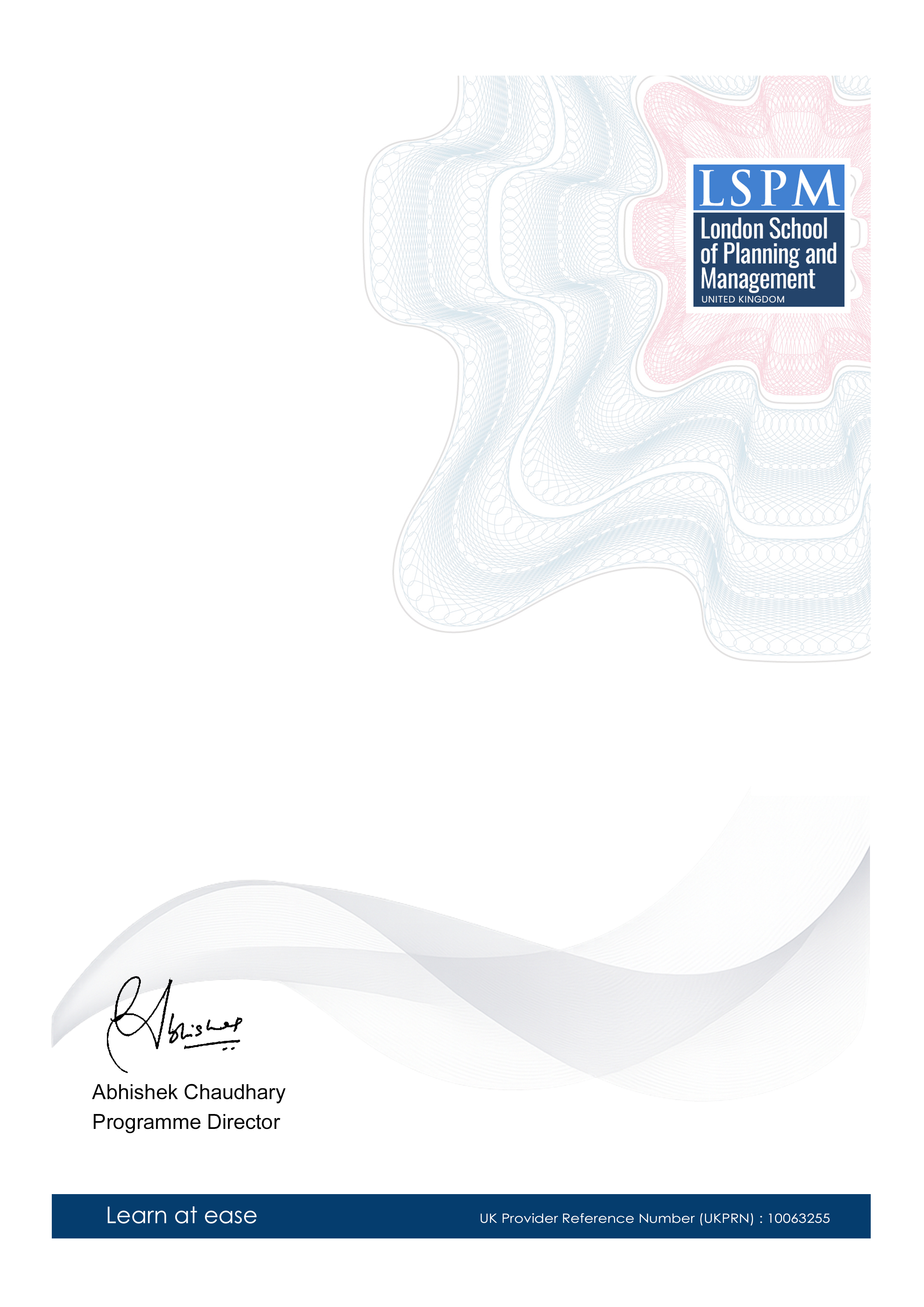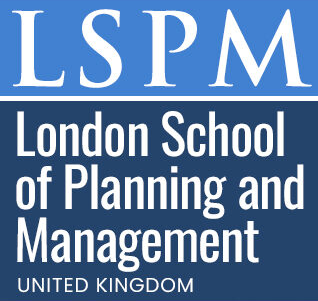Graduate Certificate in Fisheries Data Interpretation Approaches
-- viewing nowFisheries Data Interpretation Approaches is a Graduate Certificate designed for professionals seeking to enhance their skills in analyzing and interpreting fisheries data. This certificate program is ideal for those working in fisheries management, research, or conservation, as well as students pursuing a degree in fisheries science or a related field.
2,100+
Students enrolled
GBP £ 149
GBP £ 215
Save 44% with our special offer
About this course
100% online
Learn from anywhere
Shareable certificate
Add to your LinkedIn profile
2 months to complete
at 2-3 hours a week
Start anytime
No waiting period
Course details
• Fisheries Data Management: This unit will cover the fundamentals of collecting, cleaning, and organizing fisheries data for analysis. Topics may include database management, data quality control, and metadata documentation.
• Statistical Analysis of Fisheries Data: This unit will introduce students to statistical methods commonly used in fisheries research, such as hypothesis testing, regression analysis, and time series analysis.
• Fisheries Stock Assessment: This unit will cover the methods and techniques used to estimate the abundance and biomass of fish stocks, including virtual population analysis (VPA), length-based methods, and acoustic surveys.
• Ecological Modeling in Fisheries: This unit will introduce students to the use of models to understand and predict the behavior of fish populations and their interactions with the environment, including individual-based models, size-based models, and end-to-end models.
• Data Visualization in Fisheries: This unit will cover the use of data visualization tools and techniques to communicate fisheries research findings effectively, including the use of graphs, charts, and maps.
• Fisheries Management Strategy Evaluation: This unit will cover the use of simulation models to evaluate the effectiveness of fisheries management strategies and inform decision-making.
• Climate Change and Fisheries: This unit will cover the impacts of climate change on fish populations and fisheries management, including changes in distribution, productivity, and species interactions.
• Spatial Analysis in Fisheries: This unit will cover the use of spatial analysis techniques, such as GIS and remote sensing, to understand and manage fisheries at the landscape level.
• Data Ethics and Governance in Fisheries: This unit will cover the ethical and legal considerations of working with fisheries data, including data privacy, security, and intellectual property rights.
Career path
Entry requirements
- Basic understanding of the subject matter
- Proficiency in English language
- Computer and internet access
- Basic computer skills
- Dedication to complete the course
No prior formal qualifications required. Course designed for accessibility.
Course status
This course provides practical knowledge and skills for professional development. It is:
- Not accredited by a recognized body
- Not regulated by an authorized institution
- Complementary to formal qualifications
You'll receive a certificate of completion upon successfully finishing the course.
Why people choose us for their career
Loading reviews...
Frequently Asked Questions
Course fee
- 3-4 hours per week
- Early certificate delivery
- Open enrollment - start anytime
- 2-3 hours per week
- Regular certificate delivery
- Open enrollment - start anytime
- Full course access
- Digital certificate
- Course materials
Get course information
Earn a career certificate

